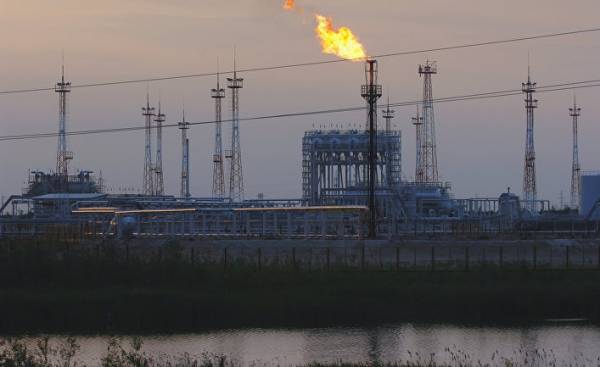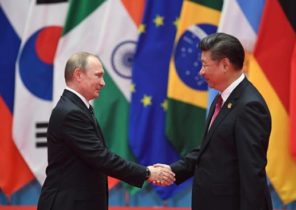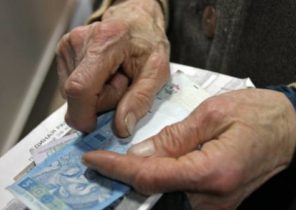
The Russian government expressed doubt that the Communist regime had taken control of Cuba, will be able to pay for deliveries of oil from Russia now, when oil supplies from the crisis-ridden Venezuela virtually ceased.
After Venezuela stopped supplying almost free oil to Cuba, the Cuban regime turned to Russia with a request to begin the deliveries of Russian oil. In a message posted on the website of the Russian news Agency TASS quotes Russian energy Minister, who confirmed that there is demand for Russian oil, however, has questioned the ability of Cuba to pay for it.
Minister of energy Alexander Novak told reporters that Russia is ready to sell its oil for a fee. “Cuba really wants more supplied, but the question of financial sources. Be found financial resources — will be the company to deliver, it’s not charity,” he said.
For several decades after the Cuban revolution, the stability of the Communist economy of this island nation is largely dependent on the Soviet Union, primarily from the supply of oil. In the last years of the Soviet Union, its ability to maintain such colonies like Cuba, has substantially decreased, with the result that Cuba entered the so-called “special period” when the government could no longer count on supplies from the Soviet Union and the island began to have serious shortages of food and commodities. In economic terms, Cuba was completely ruined, and the magnitude of the crisis with the “special period” could be rivaled only by his North Korean counterpart — the famine, named the “heavy March”.
The Bolivarian revolution of the late dictator Hugo Chavez in Venezuela has made an enormous contribution to the preservation of the Castro regime at the end of that decade. Venezuela, which owns the world’s largest reserves of oil, start using this oil to make some friends on the continent, from the socialist leaders of Argentina and Bolivia to the tiny English-speaking island States in the Caribbean. However, few benefited from the Venezuelan oil more benefits than Cuba, which traded for oil diplomatic support in the international arena and its expertise in medicine. Cuba was also involved in the processing of Venezuelan oil and receives considerable income from its sale.
Although rigid price controls, requisitioning, and marketing of oil “Bolivarian” States at a very low price determined the fate of Venezuela’s economy long before the death of Chavez, the results of its destructive policy began to grow like a snowball under his successor, Nicolas Maduro (Nicolas Maduro).
According to a recent article in Forbes, from 2014 to 2017, the profit of the state oil company Petróleos de Venezuela (PSVSA) decreased by $ 55 billion. All the problems of Venezuela Maduro accuses the US and the Obama administration, which allegedly led “economic war” against socialism.
However, Venezuela had to accept a partial dependence on the United States: last year, Maduro was forced to import more foreign oil due to the inability of the company PDVSA to produce oil at the rate demanded by the demand.
As a result, the volumes of oil, which Venezuela could sell to Cuba has dropped dramatically — just like the profit that Cuba was able to extract from refining Venezuelan oil. In may, the newspaper El Nuevo Herald reported that Cuba exports of refined oil, decreased by 97%, resulting in the loss of hundreds of millions of dollars. In October 2016, a large refinery in Cienfuegos, Cuba, has been forced to halve the amount of products resulting from the fact that Venezuela for eight months did not put oil in this Communist country.
The Cuban government has filled this gap by turning to its traditional patron Russia. In may 2017, Cuba received the first in the post-Soviet period the supply of Russian oil. This oil was delivered to Cuba as part of a 105-million contract with the Russian oil company “Rosneft”. Rosneft has also filled the gap created in Venezuela, buying part of the assets of PDVSA and Venezuela offering loans to ensure the smooth operation of its enterprises.







